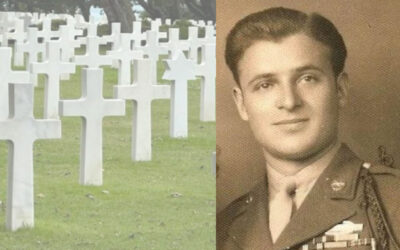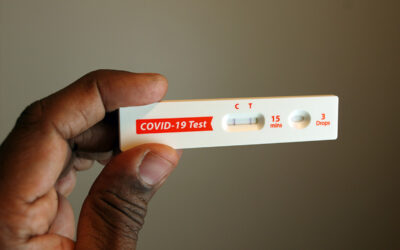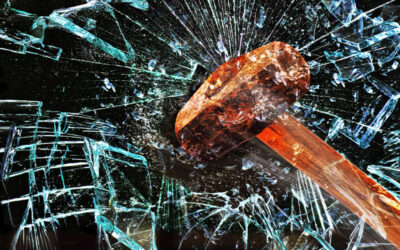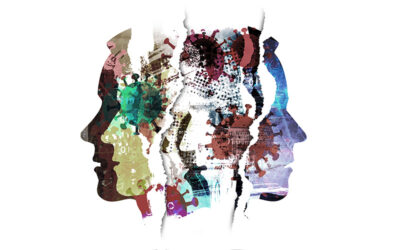I grew up in an apartment complex on the north side of Queens, in an urban New York City outpost called Bayside. And though given its name, one might imagine a gentle port, lined with restaurants and cafes, of strolling crowds taking in the salty night air, the reality was something else. Clusters of identical buildings, mixed with low rise “garden” apartments and parking lots, a few trees and some flowers. My mother told me to shut the curtains as I gazed out of my bedroom window at the speeding cars on the four lane Expressway only yards away. “If you don’t look out, it sounds like the ocean”, she said.
It was a 1960’s neighborhood of teachers and cab drivers, garment and shoe salesmen, mail carriers, and an accountant or two. Mostly first generation Jews who had emigrated from the older worlds of Brooklyn and The Bronx, who had made their way to the “Garden” Borough. But for us, the children of this generation, living in crowded apartments, with refrigerators full of synthetic frozen foods, of “Cool Whip” and diet cherry soda pies, in a world of black and white tv’s, boiler room central steam that never quite rose, and hot summer rooms unreached by distant, rumbling air conditioners, it was all we knew. It was a bleak interior world that pushed us onto the street. And on those streets we played the great games—“Johnny on the Pony”, “Ringolevio”, “British Bulldogs”—dodging cars, running from broken windows, fighting over sides. And other games, played in darkened stairwells between sixth floor landings and roofs where we practiced our early lessons in the ways of love. Groping, frantic sex. We had to act quickly, before some neighbor, impatient for the slow moving elevator, walked by, stumbling over teenagers in heat who would run, upstairs or down, belts flying, back to the street, to join the ever present crowd. Lounging on the hoods of vinyl roofed sedans, we would amble, herd like, to the schoolyard where the games would continue. It was basketball and handball by day, gambling, smoking, and drinking as dark descended. The police cars patrolled slowly by, circling the yard, yet seemed to care little about the petty crimes being committed behind the high wire fencing.
With evenings end, it was back to the apartment. Laying on my bed, I stared at the Expressway that lead to the Bronx and beyond. Each night, eighteen wheel trucks parked, drivers asleep on the shoulder, and every morning they were gone. It was my connection to the outside world, my mind hitching itself to those great tractor trailers. Until I finally took that ride, getting to San Francisco in the Summer of 1977, arriving in some kind of Oz–purple, red, and black Victorian buildings, pre-AIDS sexual abandon, Peoples Temple, Hare Krishnas and Jews for Jesus, all ready to explode in a fevered millennial pitch.
This became home, this modern wild west fantasy, this land of utopian dreams and scenic vistas. But then something happened. Something changed. Ronald Reagan became President and his wife kept saying “No to Drugs”. The Soviet Union collapsed under the weight of an imagined Western world, greed became good and money the path to happiness. The pursuit of personal freedom and exploration that had taken center stage for a brief moment became covered in a cheap dollar veneer. Money and its accumulation became confused with freedom itself.
It was in this new world that I raised my son. I watch him now, looking not through his window onto our back yard garden, but through his Macintosh screen, connecting with “friends” near and far away, uploading images of life from MySpace and Facebook, the latest drunken party photos from Berkeley and New York City. He watches YouTube videos of life both real and imagined and speaks with an urban drawl, a white middle class kid talking thug, Eubonic slang dropped effortlessly like his butt sagging pants. As language is compressed on tiny key pads in a flurry of lol’s, : -)’s, and CUlatr’s, shifting expression and thought, speed and frequency of messaging increases and response time, length and depth diminish. Our plastic brains change. Neural tracts are laid down, hard wiring burned by these new demands. Networks of “friends” proliferating exponentially, connected by this real and virtual planetary web, all without leaving ones room, for the world had moved indoors.
And who are these “friends”? Virtual entities, generated on keyboards and touchpads, disconnected from the natural ways in which we get to know each other, from facial expressions, laughter, smell, from the physical presence of the other. These virtual friends have little substance, and with our direct sensations denied, friendships are removed from full contact experience, senses atrophy, and with this comes a loss of true knowing, of seeing the other as real, of empathic understanding. This new generation sits alone, life mediated and dulled as this fuzzy new reality opens the space for fantasy, where real and unreal blur, and violence in action and language become natural. Without human contact, loss of understanding clouds consciousness, and disrespect finds fertile ground.
On the streets of Queens the play was often physical and aggressive. Without malice, blood was sometimes drawn. Contact was direct, face to face, tribal rituals that established hierarchy and bonded the group. But this was no ideal world. There was violence and humiliation, and pain inflicted senselessly. Still, we are wired to touch, see, smell, hear, and taste and without exercising these senses, our full capacity for humanity withers. We must directly experience the effects of our actions, unmediated by some technical conveyance. We need to beware flat screen monitors that promise to deliver us the world.
There was a time when knowing the world meant going into the world. Buying a plane ticket, landing in some foreign port, getting on a train. The urban or rural terrain outside ones window spoke of something beyond, the mysterious pull of the unknown, of the not yet understood. Todays world has become atomized, reduced to home bound control centers. We may not need a reprise of Ringolevio or Johnny on the Pony, but we do need to loosen the hold of our computer stations and resist the creation of virtual worlds that re-enforce our narrow visions, removing us from the direct experience that define and feed our humanity.
[email protected] www.rickyfishman.com












Ricky –
I came across your blog during one of my occational attempts to document the history of Ringolevio (I edit the wikipedia article about it). I’m curious where you lived in Bayside. I lived at 23-25 Bell Blvd. from 1961 to 1971, with a (fortunately obscured) view of the Cross Island Parkway. We played Ringolevio using park benches around the parking lots of our 4-apartment-house neighborhood across from the Bay Terrace shopping center.